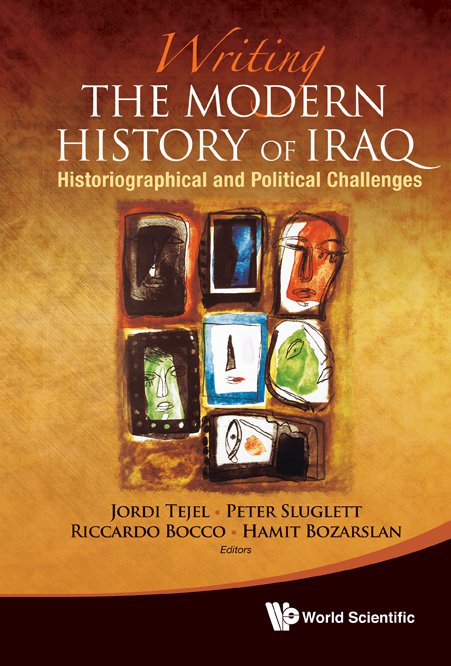ADVICE FROM THE PAST: 'ALI AL-WARDI ON LITERATURE AND SOCIETY
In this essay, I look at some representations of the functions of intellectuals in modern Iraqi society as articulated in the print media of the Hashemite period. In doing so, I wish to underline the richness of this intellectual field and to illustrate that the public sphere was typified by competing definitions of the term "intellectual".1 I then address the writings of an extremely important sociologist and theoretician, 'Ali al-Wardi (1913–1995), on this question. I underscore Wardi's secular and democratic critique, yet argue that despite his original and pioneering arguments, his views reflect discourses current in Iraq in the 1940s and the 1950s. Finally, I reflect on the ways in which Wardi's insights might inform our thinking about contemporary Iraq. His ideas, I propose, are both universal and specific to the Hashemite context, and therefore could help us understand modern Iraqi history on the one hand, and modern intellectual history on the other…


